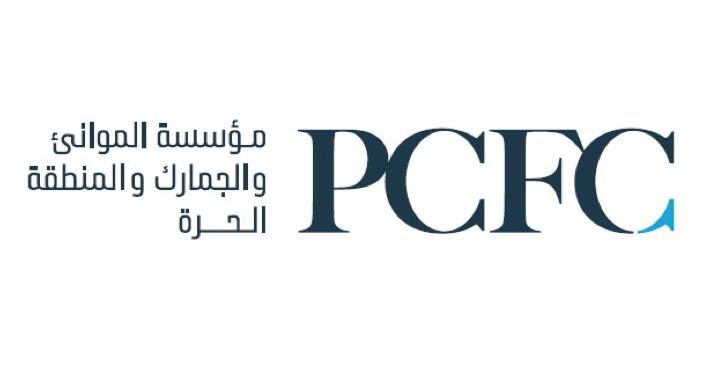
Dubai launches World Logistics Passport at Davos to boost South-South Trade
Dubai is bringing together Government leaders and heads of major corporations from Asia, Latin America and Africa for the Davos launch of the World Logistics Passport, a major initiative to boost South-South trade. The World Logistics Passport links Customs World, DP World, and Emirates Group to enhance connectivity through Dubai and, through expertise sharing and process development, directly between partner countries. A pilot project operational since July 2019 has already increased trade by participants by 10 percent.
The World Logistics Passport has been designed to overcome the non-tariff trade barriers, such as logistics inefficiency, that currently limit the growth of trade between developing markets. South-South trade is already worth an estimated US$ 4.28 trillion annually, more than half of total developing countries exports in 2018, according to the WTO. But many countries in Asia, Latin America and Africa have much smaller market shares in key export products in each other’s markets compared to their shares in developed countries, indicating the potential for substantial further growth, boosting prosperity.
Designed as a points loyalty scheme, the initiative has been set up to incentivise companies and traders to use Dubai’s world-leading logistics facilities in return for cost and time savings and enhanced customs clearances.
Not only will this increase the ease of moving goods in Dubai but will foster more optimal direct trade routes between Latin America, Africa and Asia.
Globally, the World Logistics Passport will enable partner countries to leverage the expertise of Dubai’s institutions, such as DP World’s existing global logistic network of ports and economic parks, Emirates Group’s worldwide Dnata and SkyCargo network, and Dubai’s expertise in Customs and trade governance. As a result, these partner countries will be able to improve their own processes and capability to improve security, transparency and ease of moving goods, thus transforming them into global trade hubs.
Attending the World Economic Forum in Davos, His Highness Sheikh Ahmed bin Saeed Al Maktoum, President of Dubai Civil Aviation Authority and Chairman and Chief Executive of Emirates Airline and Group, said: “Through this strategy, we will offer many privileges and services that will help connect international markets by mobilising Dubai’s resources and infrastructure. The investments we made in Dubai’s airports, ports and free zones have made the city a global logistics hub and a bridge between the east and the west. The Dubai Silk Road strategy responds to the changes in international trade by offering new state-of-the-art logistics services using the latest smart applications.”
His Excellency Sultan bin Saeed Al Mansoori, Minister of Economy of the UAE, said: “These efforts are aimed at improving quality of service and attracting a higher share of international trade at a time when Dubai is preparing to host Expo 2020.The World Logistics Passport marks the beginning of the implementation of the Dubai Silk Road strategy that will lead to a new phase of economic growth. We aim to further boost Dubai’s position as a global economic and business hub, powered by our exceptional connectivity and logistics.
His Excellency Sultan Ahmed bin Sulayem, Group Chairman and CEO, DP World, and Chairman of Ports, Customs and Freezone Corporation (PCFC) in Dubai said: “DP World has built a network of ports, economics zones, and logistics operations across six continents to enable smarter trade by offering cargo owners and consolidators of demand end-to-end, digitised supply chains. The World Logistics Passport will make trade through Dubai quicker, easier and more cost-effective, and help develop the economies of our partner countries.”
Her Excellency Nadya Kamali, CEO of Customs World, an entity under PCFC, said: “Our target is to offer maximum flexibility and efficiency for the business community by unifying the procedures of logistics service providers in Dubai. The unique initiative also further raises the growing role played by Dubai Customs in regional and international trade by sharing the expertise developed in Dubai to enable our partner countries to also become global hubs.”


























